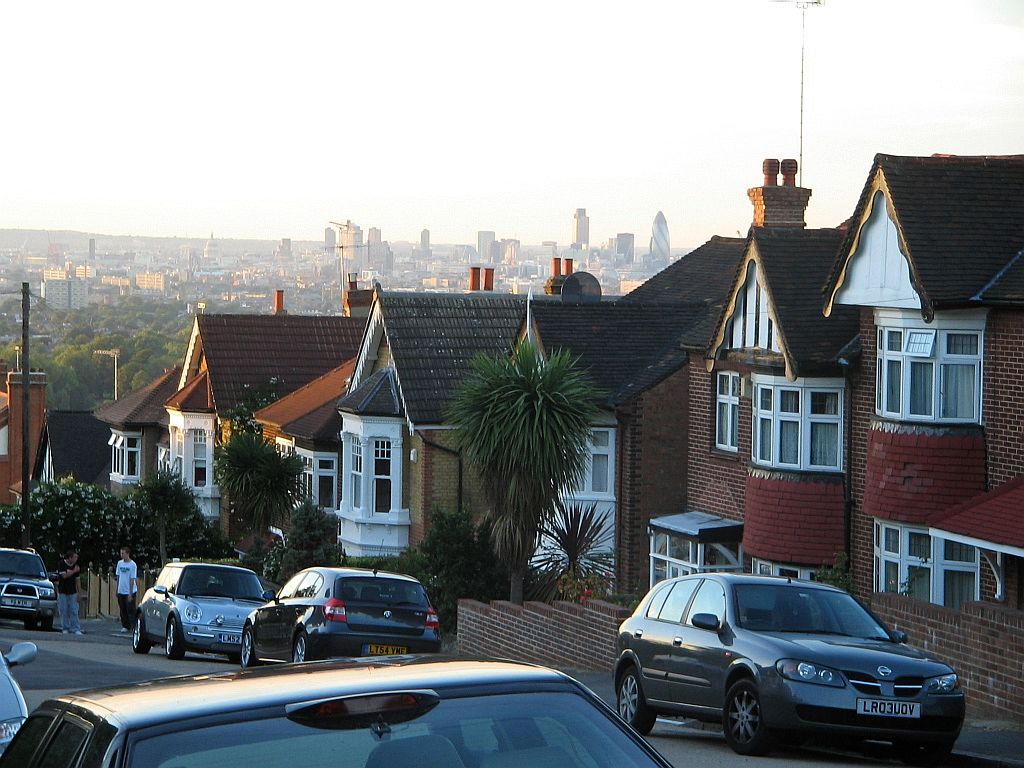In August 2014, LSE Londonś Kath Scanlon, Melissa Fernández, and Christine Whitehead published a report entitled, A Lifestyle Choice for Families? Private Renting in London, New York, Berlin and the Randstad for Get Living London. The report aims to compare private rental experiences of middle-income families in major cities the title mentions to identify what makes them happy to rent.
The private rental sector in London has almost doubled in the last 30 years, in contrast to other European cities. The ‘sector’ is now home to the young, mobile, and the working-class. However, middle-income families are happy in the long term, but such is not the case in London. This research shows that, if living conditions were right, this could change, improving the perspective of what life is like in London.
To understand the reasons for the decision to rent, and what the families liked and disliked about the tenancy, the structural factors of the four cities were reviewed, and 17 tenants from middle-income families were interviewed. In the vast majority of cases, the decision to rent was often an economic one because tenants could not afford to buy in the area where they wanted to live. They also mentioned that they preferred the certainty of being able to stay at home for a long time. This worried most tenants in New York City and London because the regulations provided that landlords could evict their tenants in a relatively short time.
One of the most important questions to be answered in this research was about the aspects of their homes they most preferred. A significant group of interviewees said that they were generally satisfied with their accommodation and its owners; also, some of them wanted or planned to stay in the dwelling for the long term. However, even in Berlin, the city where renting is most ingrained, interviewees also mentioned the attractions of property, including economic benefits and the freedom to make modifications to meet personal tastes and needs.
In concussion, these tenants lived in the vast majority of cases in safe, pleasant, and desirable areas where public services were not a problem. Also, as middle-income families, they could afford to be selective about the location of their housing, giving priority to areas where there were good schools and other facilities for children, parks and green spaces, shopping and cultural centres.





